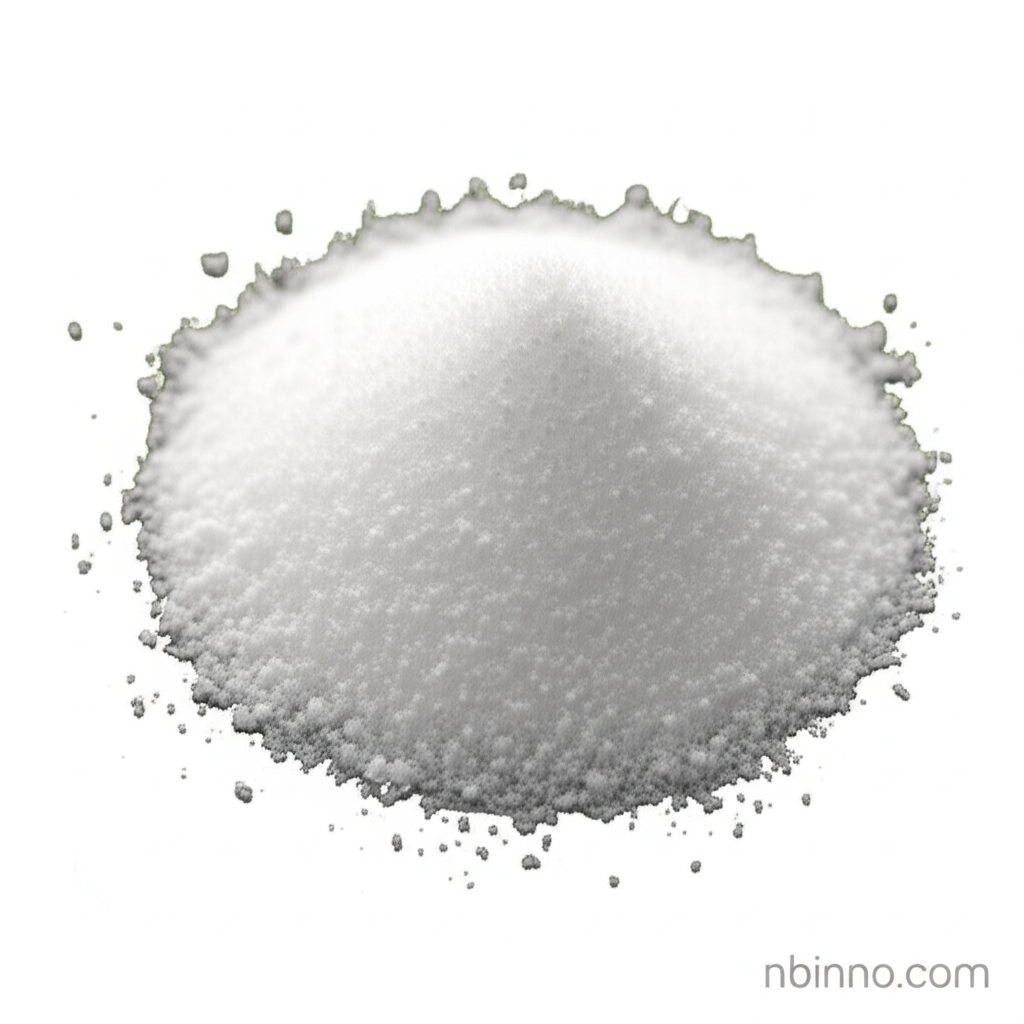Microcrystalline Cellulose: The Foundation of Effective Drug Formulation
Discover the indispensable role of Microcrystalline Cellulose in enhancing drug delivery and manufacturing efficiency.
Get a Quote & SampleUnlocking Pharmaceutical Potential with Microcrystalline Cellulose

Microcrystalline Cellulose
Microcrystalline Cellulose (MCC) is a vital component in the pharmaceutical industry, renowned for its exceptional properties as a binder, filler, and disintegrant. It is crucial for creating stable, effective, and easily administered solid dosage forms like tablets and capsules. Its high compressibility and inert nature ensure consistent drug delivery and manufacturing ease, making it a cornerstone for numerous pharmaceutical applications.
- Explore the microcrystalline cellulose pharmaceutical excipient properties that make it ideal for tablet binding.
- Understand what microcrystalline cellulose is used for beyond basic tablet binding, including its role in drug release.
- Learn about the microcrystalline cellulose binder and disintegrant dual functionality and its impact on medication effectiveness.
- Discover the key uses of MCC in tablets and how it contributes to both the physical integrity and therapeutic action of medications.
Key Advantages of Using Microcrystalline Cellulose
Exceptional Compressibility
MCC's plastic deformation under pressure allows for the creation of robust tablets with excellent mechanical strength, a critical aspect of its pharmaceutical excipient role.
Enhanced Drug Release
As a disintegrant, MCC facilitates rapid tablet breakdown, ensuring the timely release of active ingredients and improving bioavailability, a key factor in microcrystalline cellulose drug formulation.
Manufacturing Efficiency
With its good flowability and inertness, MCC streamlines the microcrystalline cellulose manufacturing process, reducing production complexities and costs.
Core Applications in Pharmaceutical Development
Tablet Formulation
MCC is widely used as a binder and filler in tablets, enabling direct compression and ensuring tablet integrity and disintegration. Understanding uses of MCC in tablets is key for formulators.
Capsule Filling
Its consistent flow and binding properties make MCC an excellent filler for capsules, ensuring accurate dosing and product stability.
Oral Solid Dosage Forms
From tablets to capsules, MCC is a fundamental excipient that enhances the performance and manufacturability of a broad range of oral solid dose products.
Specialized Drug Delivery
MCC is also integral in advanced formulations like orally disintegrating tablets and sustained-release systems, showcasing its versatility in drug formulation.
